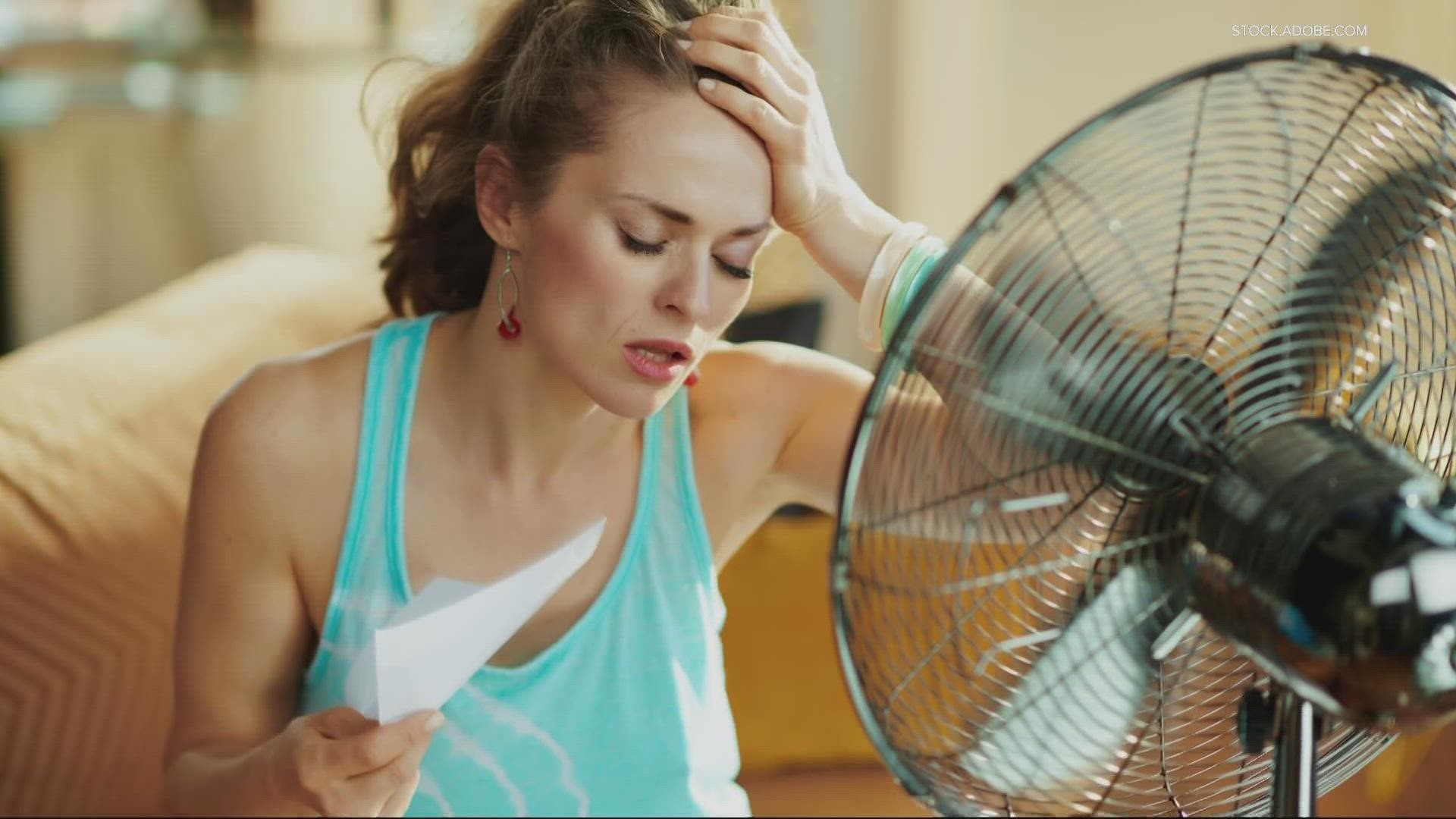PORTLAND, Ore. — Summer is here and we’ve already seen our first string of hot weather in Oregon. While many love the change in season, it also comes with health risks, such as heat exhaustion and heat stroke.
“When it comes to those sudden surges, when it’s really hot for a few days, I think the biggest concern is people who will potentially suffer from heat exhaustion or even heat stroke — particularly because we have a lot of disadvantaged folks in the community that are outside and don’t have access to air conditioning,” said Dr. James Polo, executive medical director for Regence Blue Cross Blue Shield of Oregon.
RELATED: Studies show men are less likely to pay attention to health than women | Healthier Together
Dr. Polo said that heat exhaustion usually happens first. It can come on suddenly or slowly, over a few hours.
“People will start to have moist skin. They may start to have goosebumps,” Dr. Polo said. “They’ll have an increase of sweating. They may feel dizzy. They may feel fatigued. Their pulse will go up. They may even have muscle cramps.”
Those are all signs, he said, that it’s time to get out of the sun, cool down your body and drink fluids. If you don’t, you could be at risk of heat stroke.
Heat stroke happens when the body can no longer control its temperature; your body temp goes up rapidly, the sweating mechanism fails, and the body is unable to cool down.
When heat stroke occurs, the body's temperature can rise to 106 degrees Fahrenheit or higher within 10 to 15 minutes, according to the Centers for Disease Control & Prevention.
The main sign of heat stroke is a high body temperature, such as a core body temperature of 104 degrees or higher.
“There can be changes in sweating. They can be sweating profusely, but then all of a sudden they’re not sweating,” Dr. Polo said.
Heat stroke can cause confusion, dizziness, and slurring of speech. Symptoms also include nausea and vomiting, flushed skin, rapid breathing, racing heart and headache.
“The reason why heat stroke is so dangerous is that really, some key vital organs are starting to disfunction and potentially get damaged: the brain, the heart and the kidneys,” Dr. Polo said.
Heat stroke can be deadly, so it’s important to be mindful of those around you during extreme heat.
“If somebody is experiencing heat stroke, typically it’s the other people around them that need to take some rapid actions: get them indoors, try to do everything to cool down their body temperature — to include spraying a hose on them, dunking them in a tub, getting all that excess clothing off,” Dr. Polo said.

